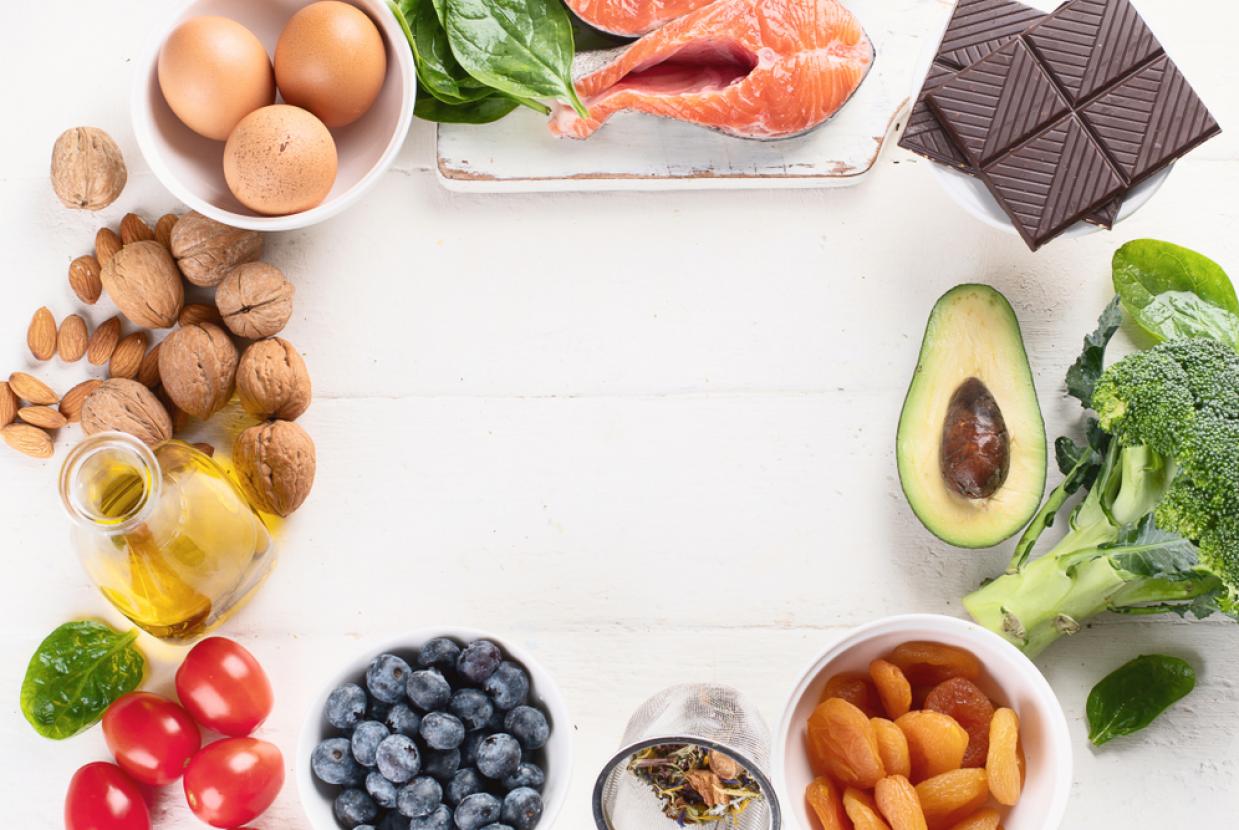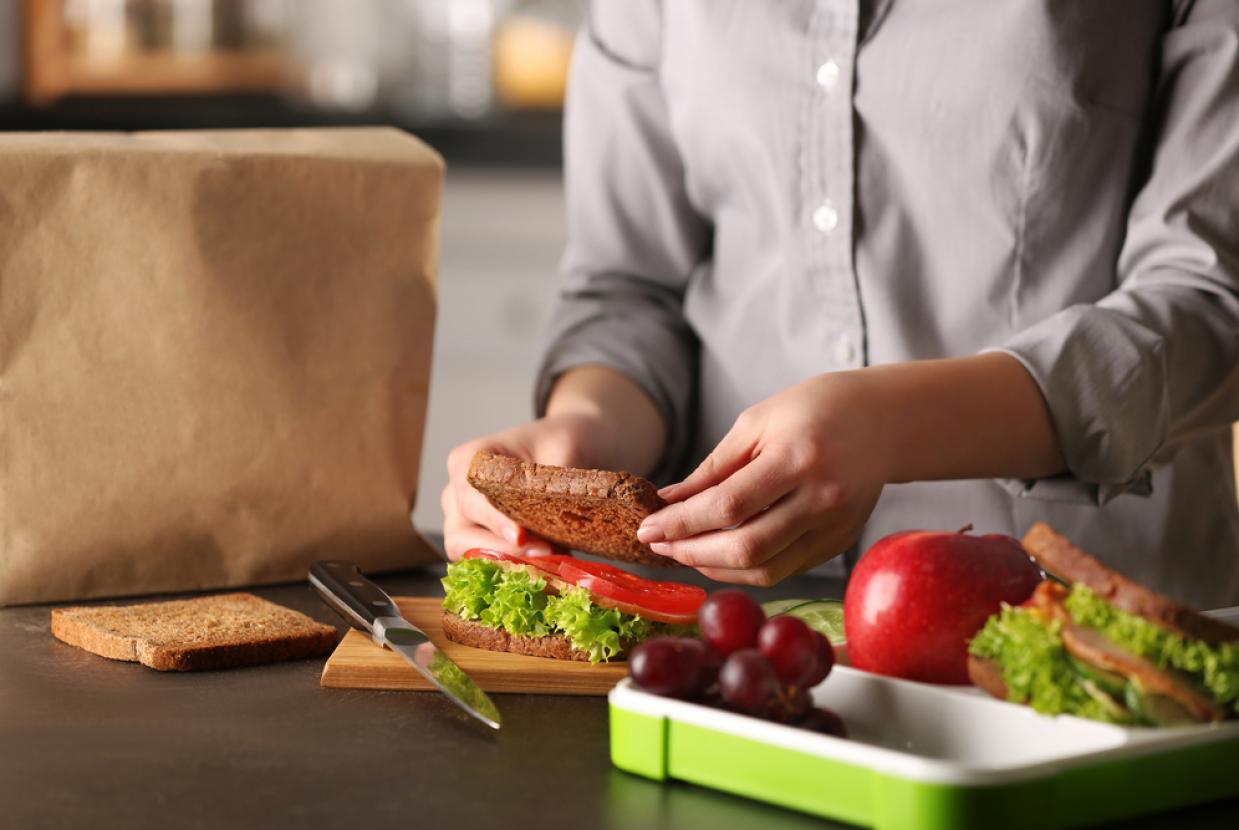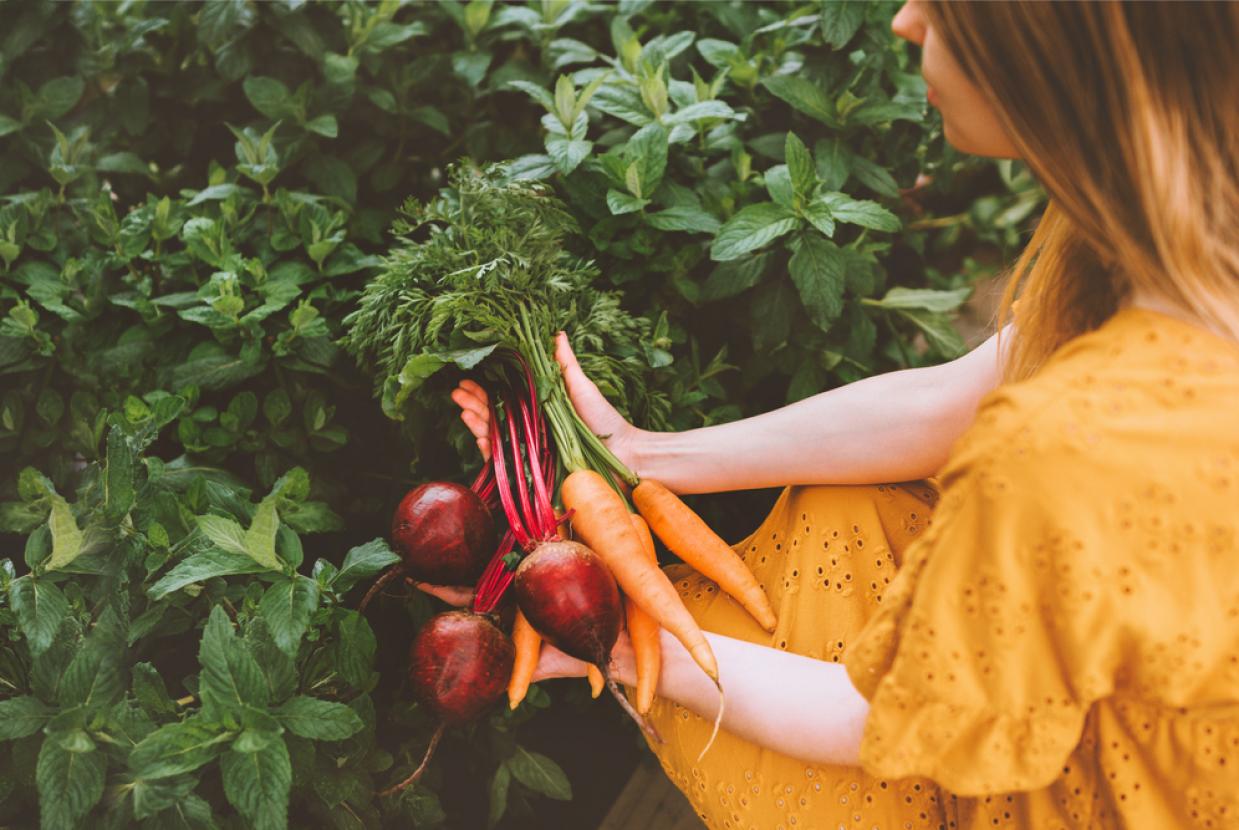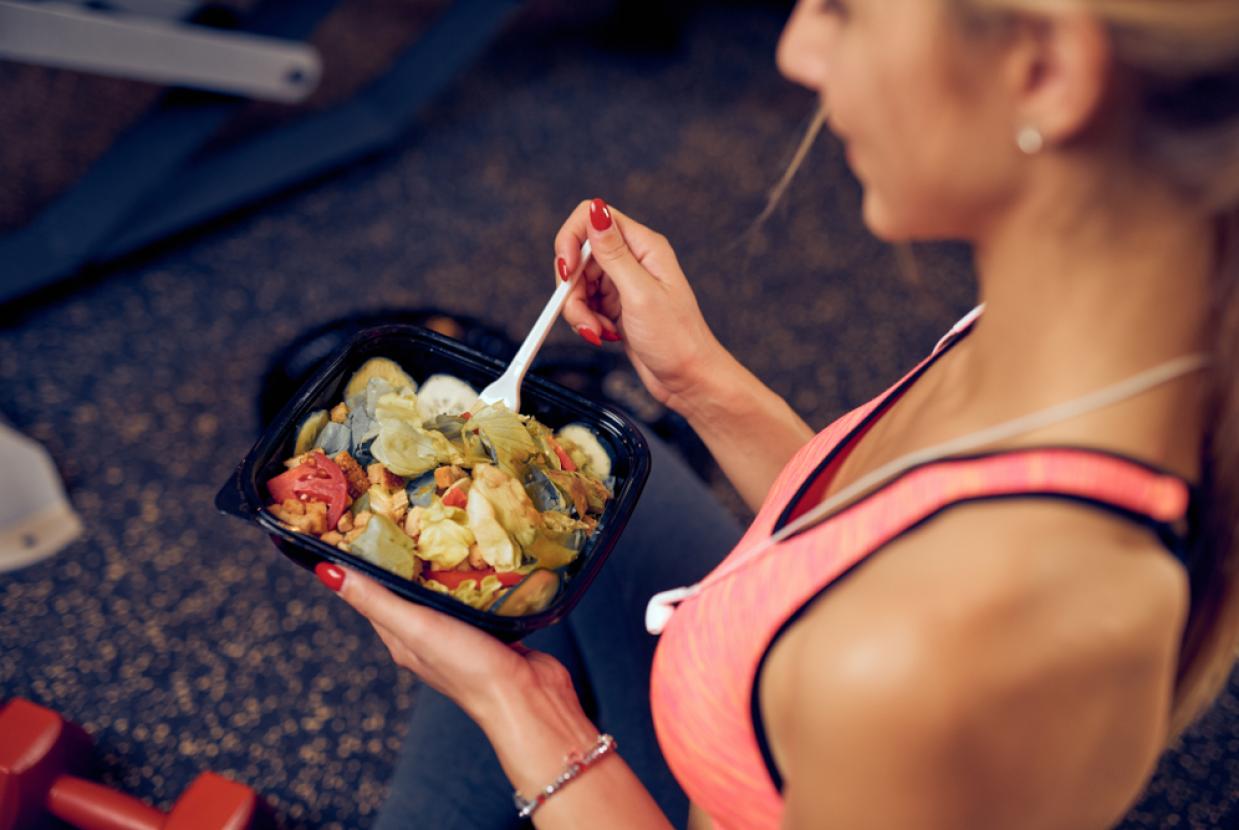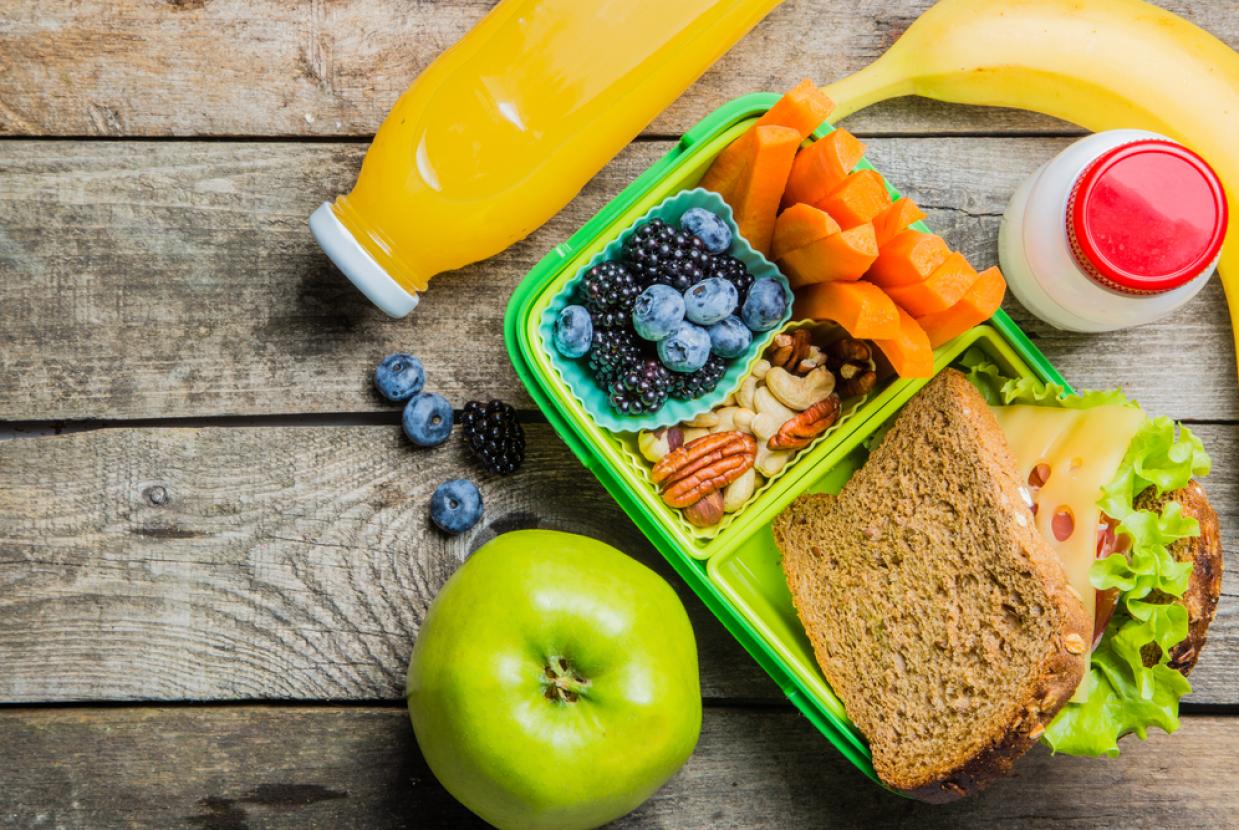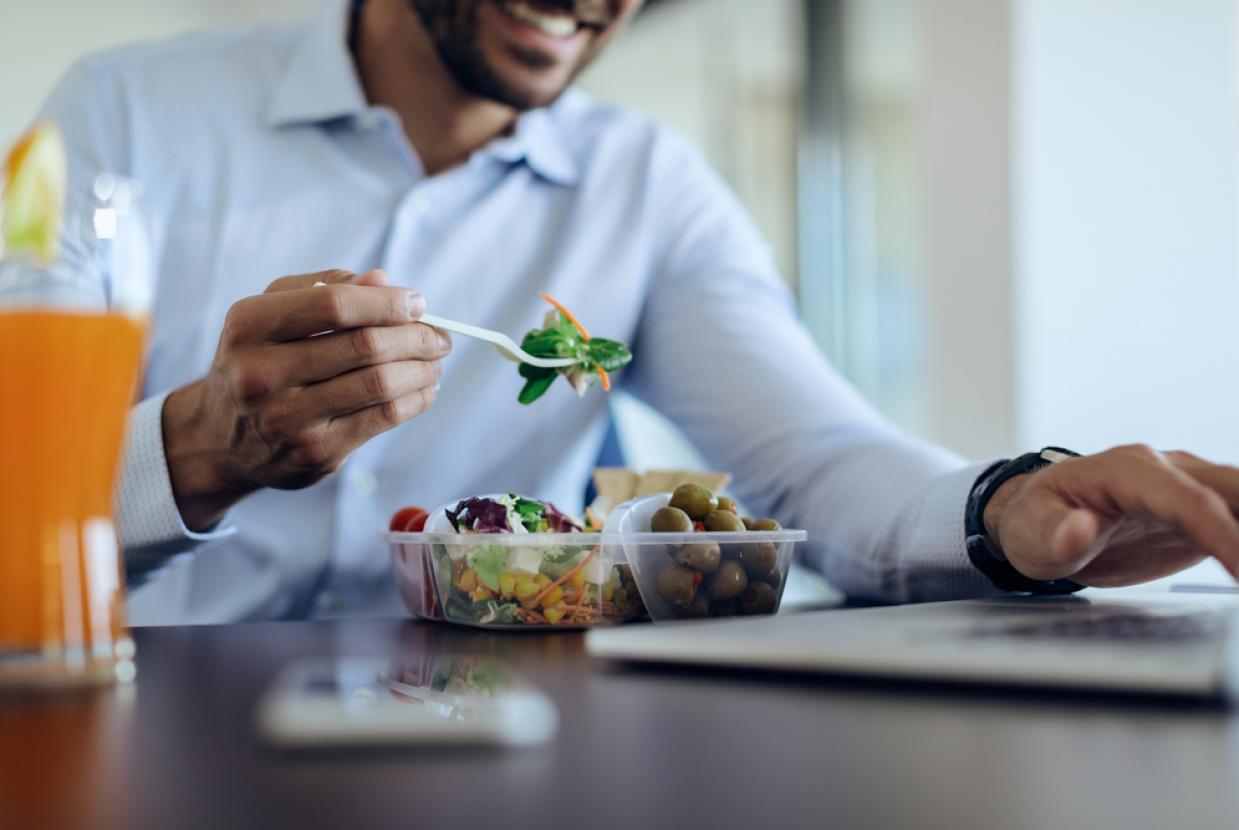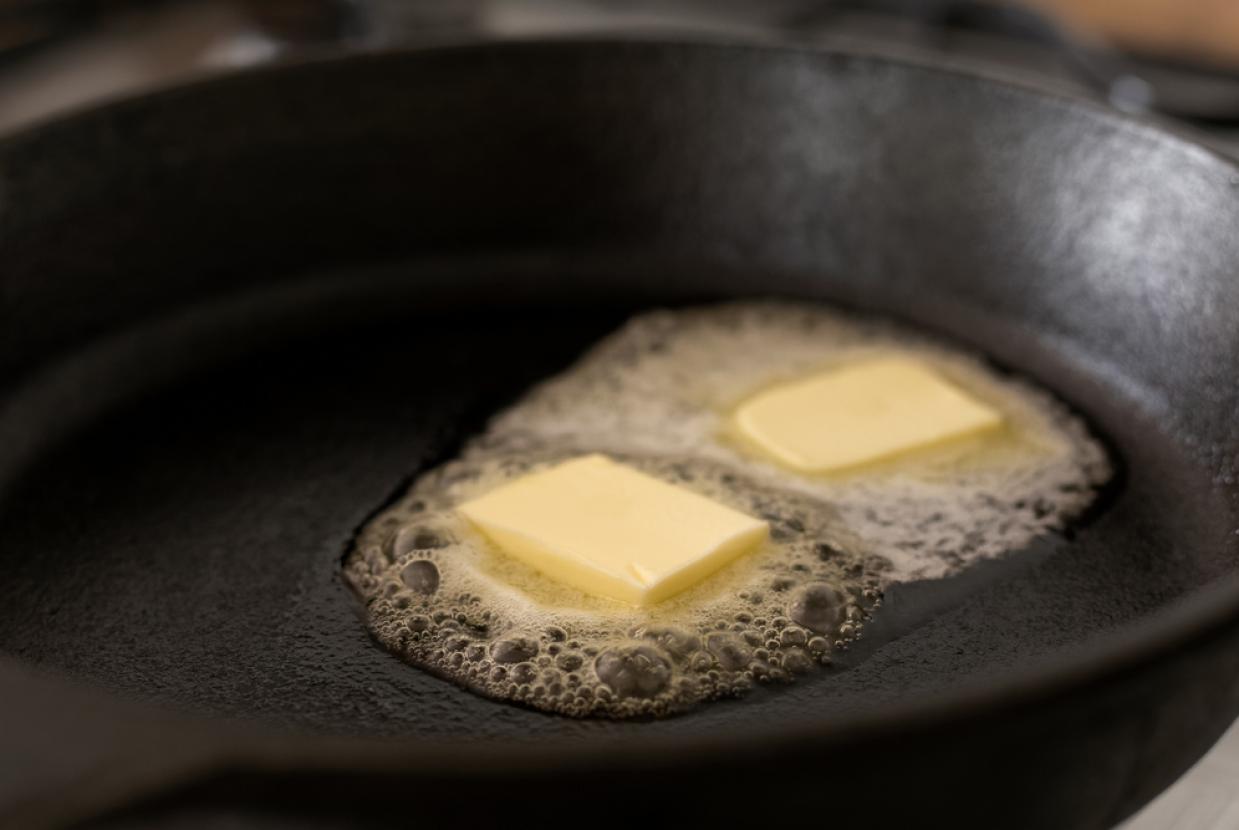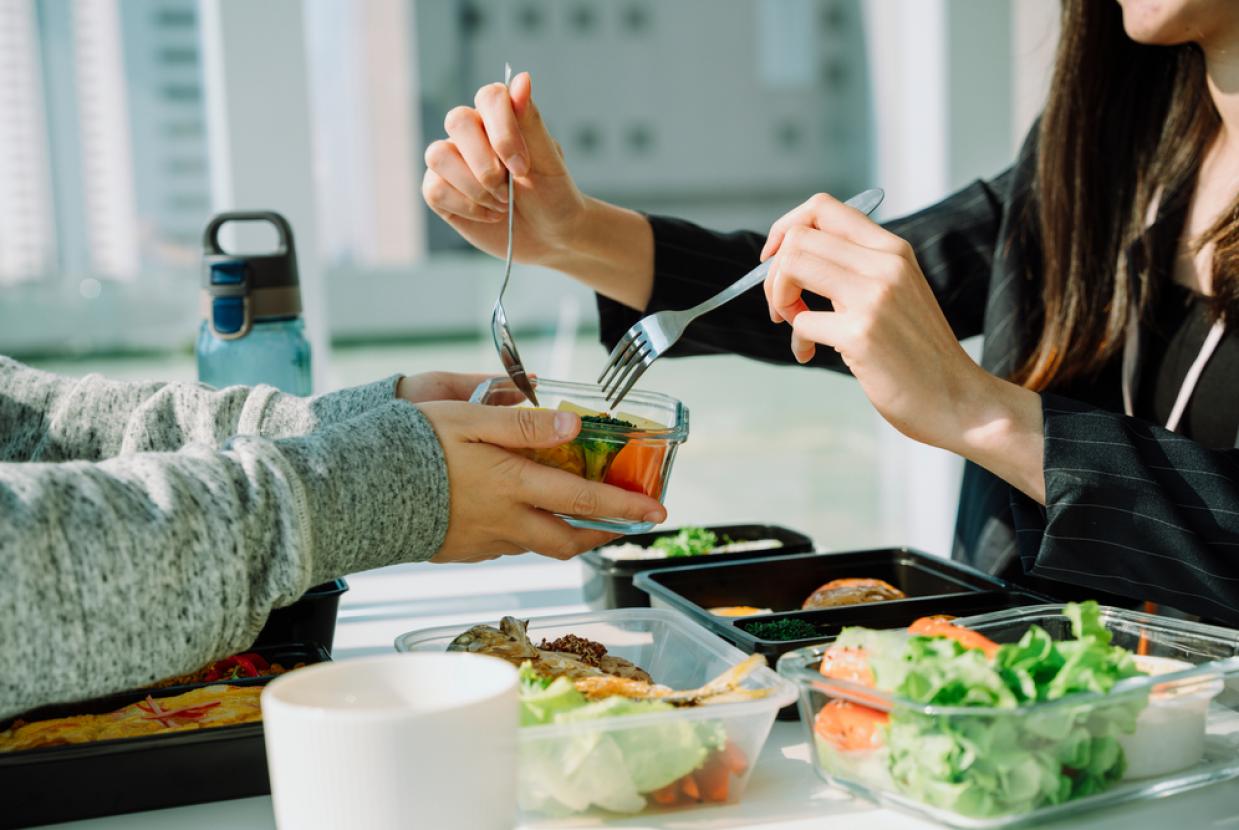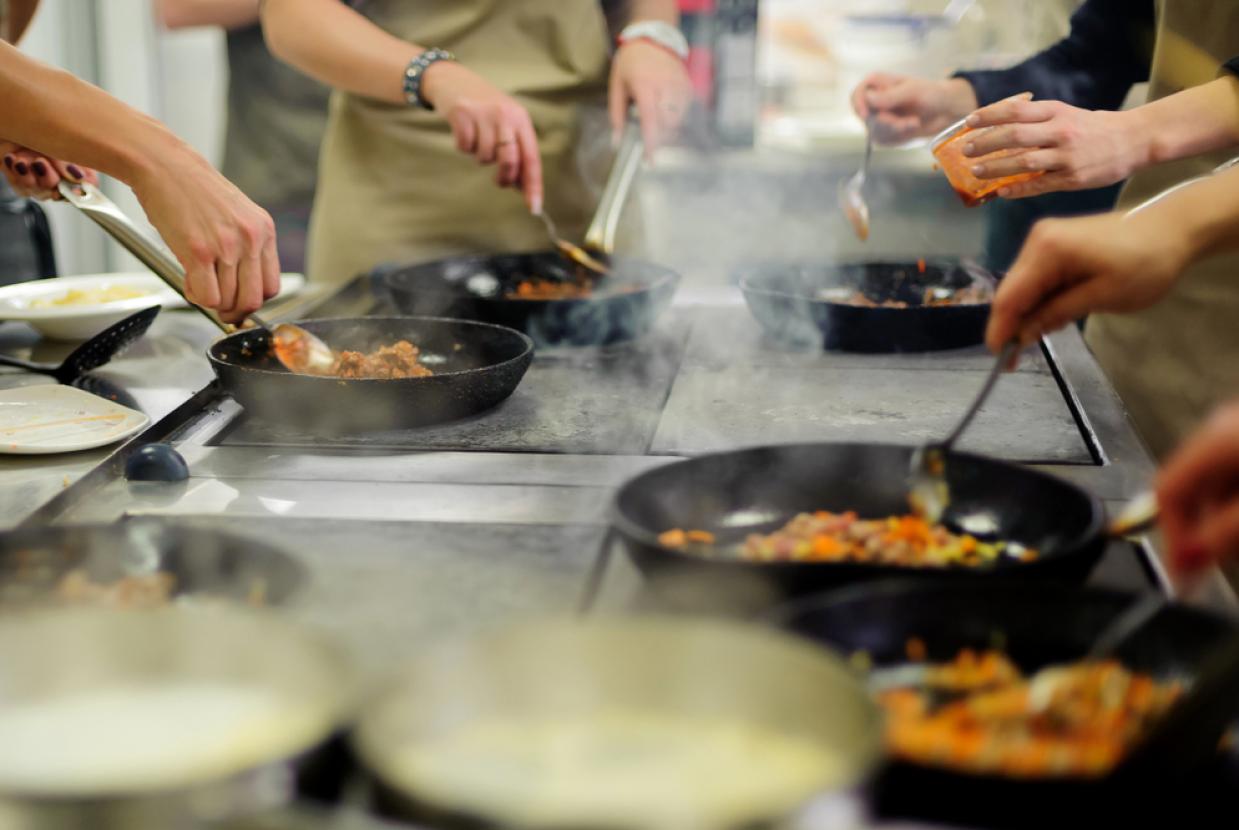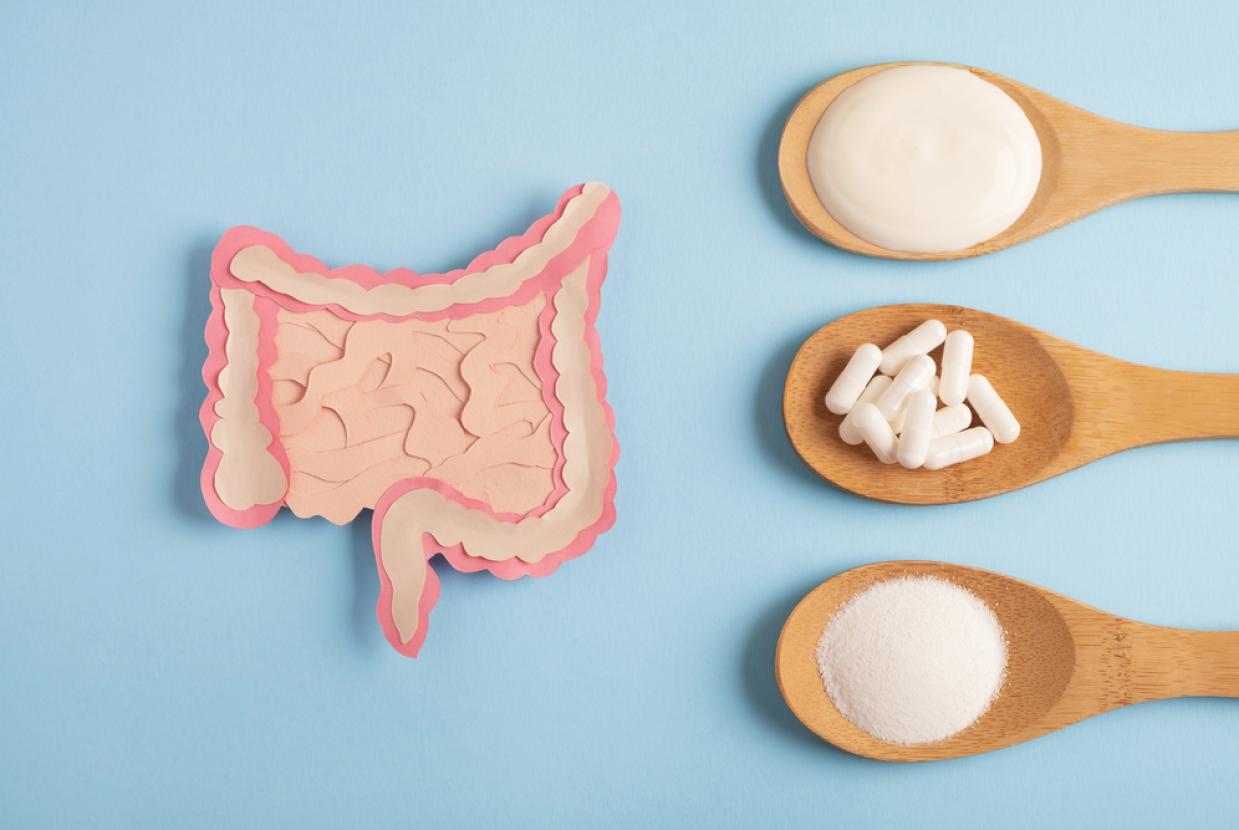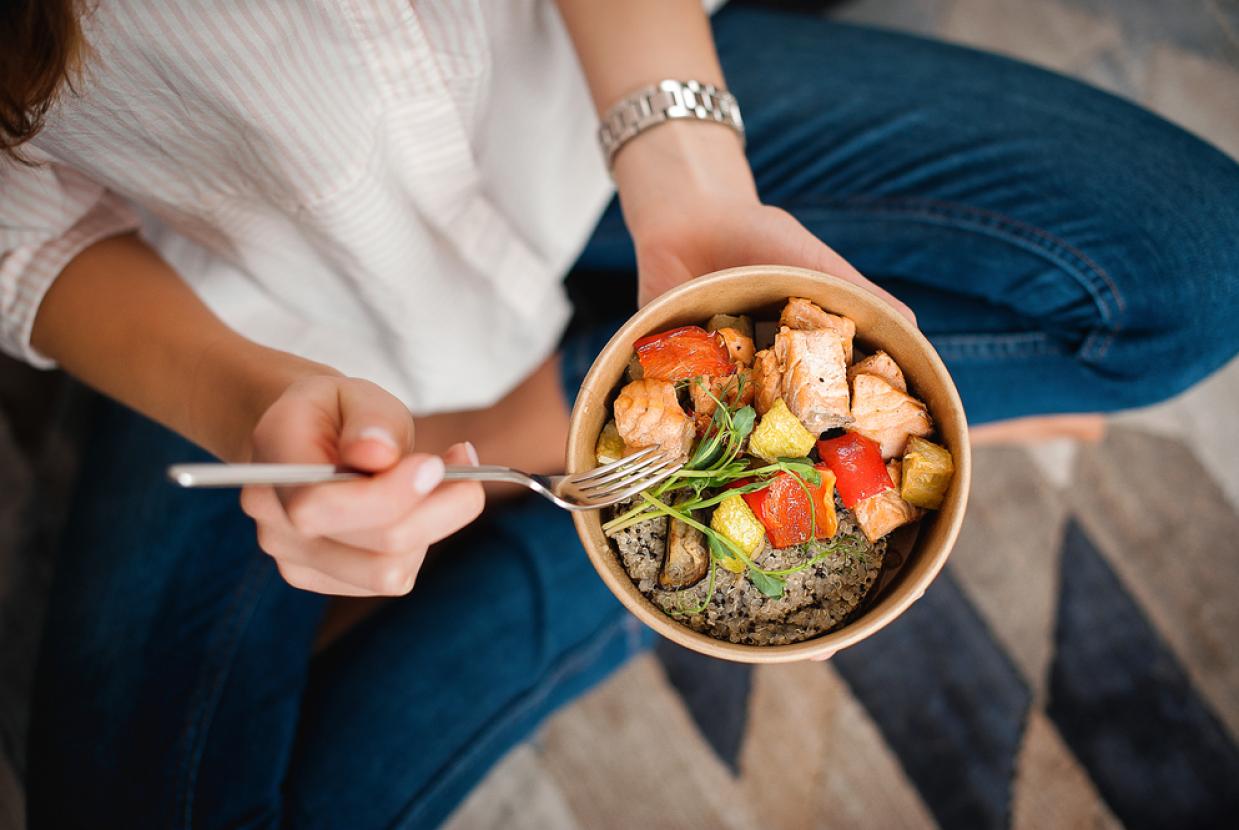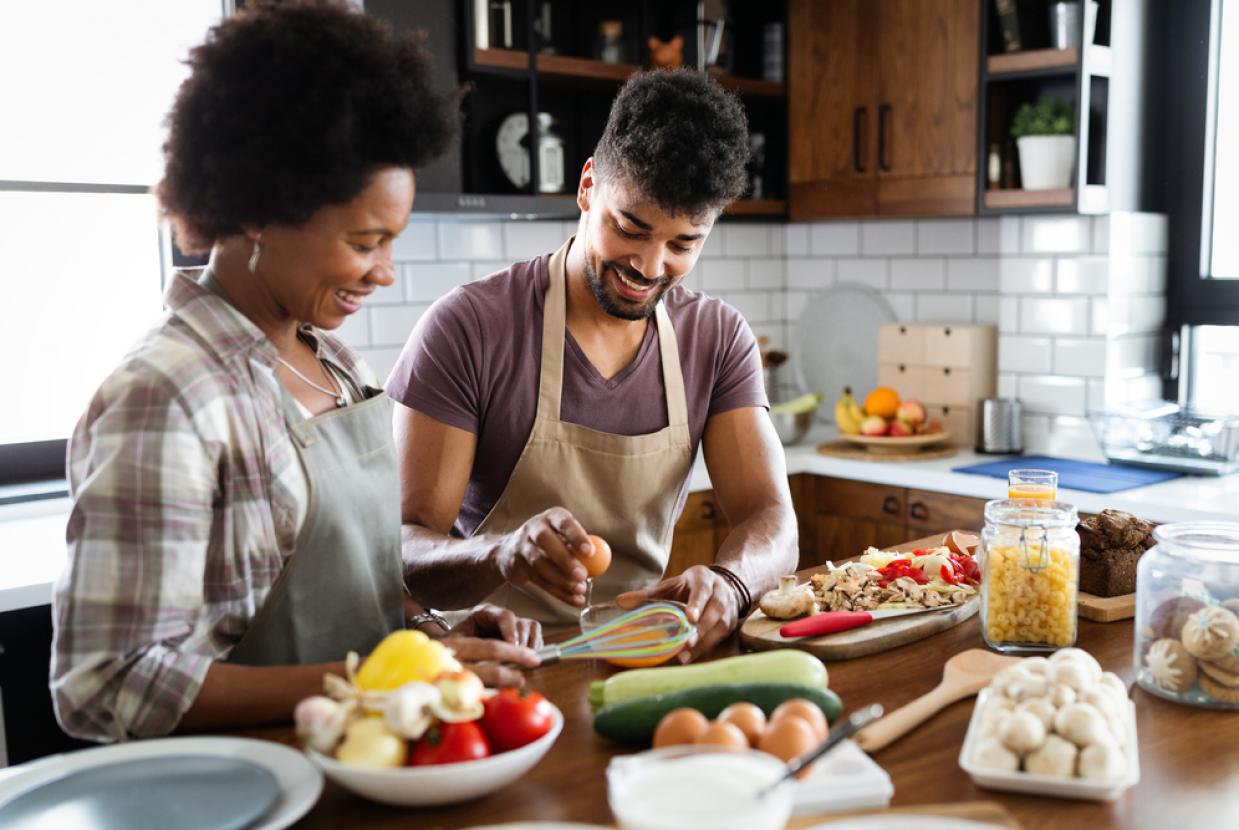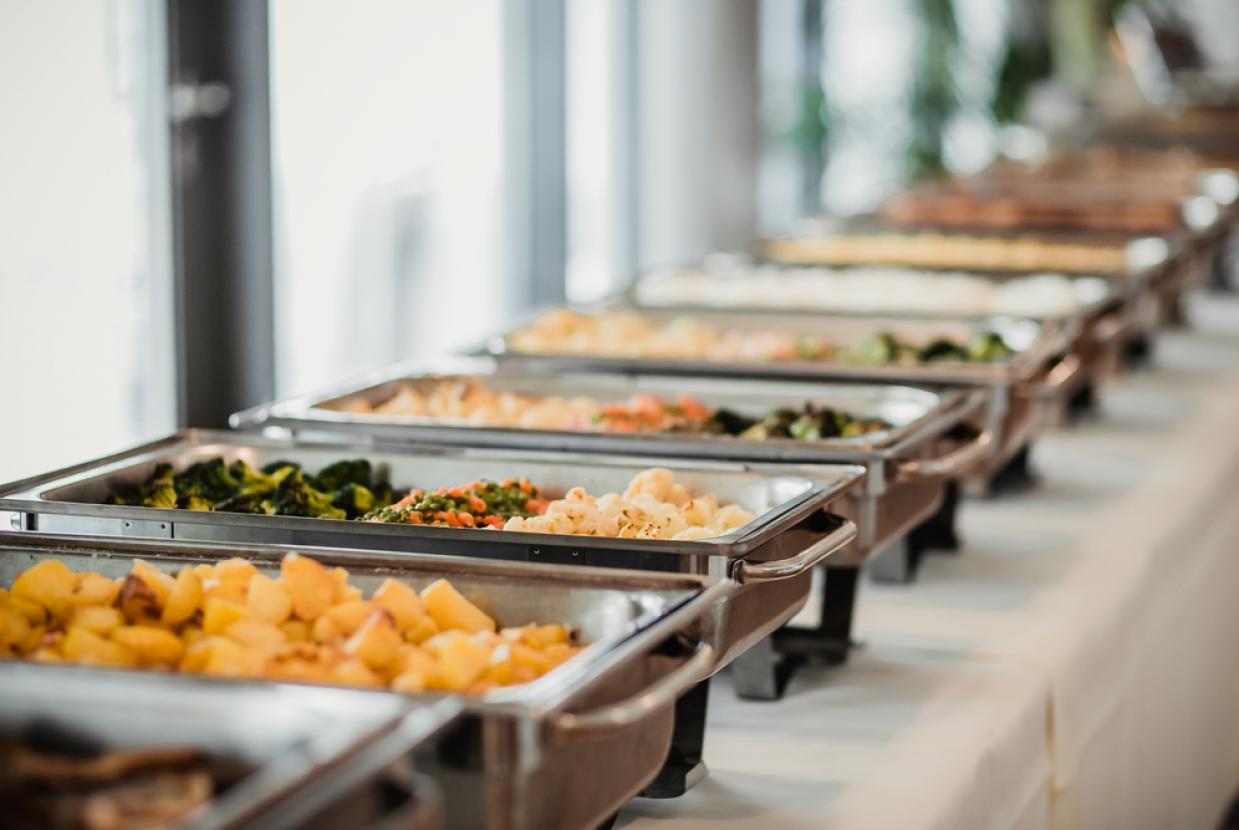Shop For A Healthy Diet
Healthy eating starts with the choices we make at the supermarket.
6 tips for smart shopping
1. Make a list and stick to it
Write a list of what you and your family plan to eat in the coming week and stick to this while shopping. You’ll spend less and will be less influenced by promotions that may not be that healthy.
2. Avoid shopping when hungry, rushed or stressed
Have a snack before you go food shopping and set aside enough time each week.
3. Beware of special offers
Buying 'special offers' can be very useful from a cost point of view but it can also end up with us buying what we don’t want. You can avoid the majority of unhealthy foods on special offer by skipping certain aisles and end-of-aisle shelves.
4. Get to know your food labels
Food labels can be a bit confusing but comparing similar products when shopping can allow you to choose a healthier option. Be careful with treats.
5. Reduce the number of fatty and sugary treats in your trolley
These foods are not everyday foods. Remember, if you don’t buy it, it won’t be there to be eaten.
6. Shopping with children
If you bring the children shopping set clear rules on what they can put in the trolley.
Food to keep in stock
Keeping key food items in your fridge, freezer and cupboard can really help if you need to pull together quick, easy and healthy meals. Here’s our suggested food to have in stock.
- Fridge essentials
- Low-fat milk
- Cheese – choose strongly-flavoured, low-fat cheeses – you can use less and still have add lots of flavour. Add to omelettes, toasties and pasta dishes.
- Natural yoghurt – great with cereal, chopped fruit or as a topping on soups and curries.
- Hummus – use as a spread on bread or serve with vegetable sticks for a quick snack.
- Fresh fruit and vegetables.
- Eggs – scramble some eggs for breakfast or they can easily be turned into an omelette. Throw in some vegetables to make it even more tasty.
Freezer essentials
- Frozen fruit – add to yoghurts, smoothies, porridge or breakfast cereal (remember frozen imported berries must be boiled for at least one minute before consumption).
- Frozen vegetables – serve as a side with dinner, add to omelettes, curries, stews and soups. Add to rice with a dash of low-salt soy sauce for a quick dinner.
- Bread – keep a stock of different types of bread. Pop in the toaster to defrost.
- Fish & lean meat – buying meat & fish in bulk is often cheaper. When you get home, separate into the amount you would need for one meal, then place into freezer bags or plastic containers.
- Leftovers – keep a note of what foods you have frozen and when. Use them one day when you're pressed for time.
Cupboard essentials
- Tinned fruit (pick fruit tinned in its own juice) – have as a dessert after a meal, add to porridge or yoghurt, or blend into a smoothie.
- Tinned beans and peas – use in place of meat in soups, stews and curries.
- Tinned tomatoes – use as a sauce for pasta or an ingredient in dishes like lasagne and chilli con carne.
- Tinned fish – can be used as a simple sandwich filler, as a topping for a jacket potato or mixed with pasta for a quick meal. Choose fish tinned in water or oil.
- Herbs and spices – an inexpensive way of adding lots of flavour to your cooking.
- Wholewheat varieties of pasta, rice, noodles and grains.
- Porridge oats – a filling breakfast or use as a crunchy coating for fish or meat.








